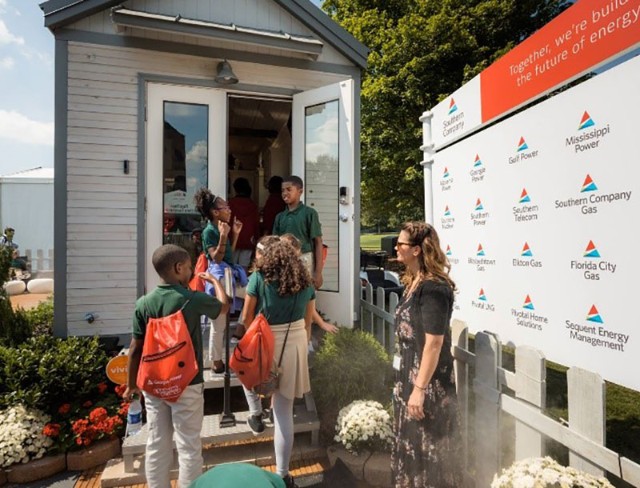Our Strategy and Focus Areas
- Maintaining a diverse energy portfolio to meet growing customer demand
- Deploying modern energy distribution systems that adapt to changing conditions to serve customer needs
- Investing in research and development of emerging clean energy technologies
- Promoting the efficient use of energy by our customers
- Meeting or surpassing all environmental laws and regulations
- Practicing conservation of our natural resources
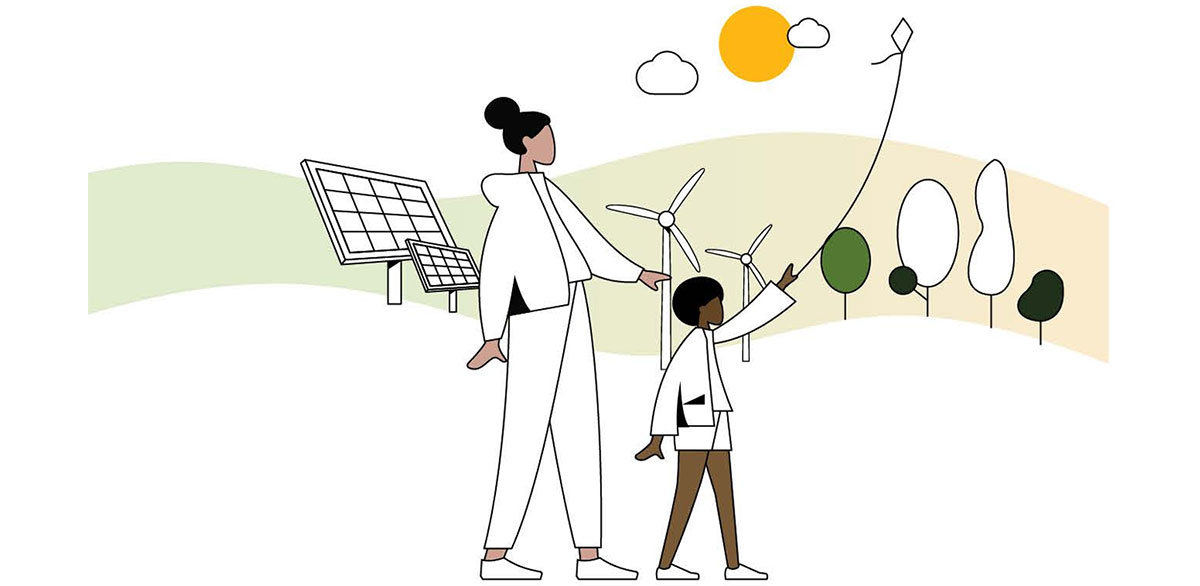
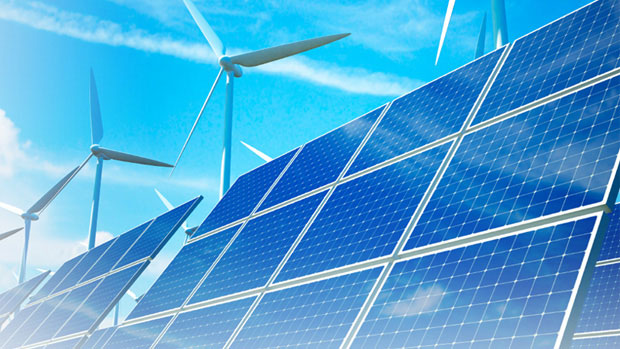
Diverse Energy Portfolio
Through an “all of the above” approach, we aim to enhance reliability and energy security, build a more resilient, clean energy future and take care of our communities.
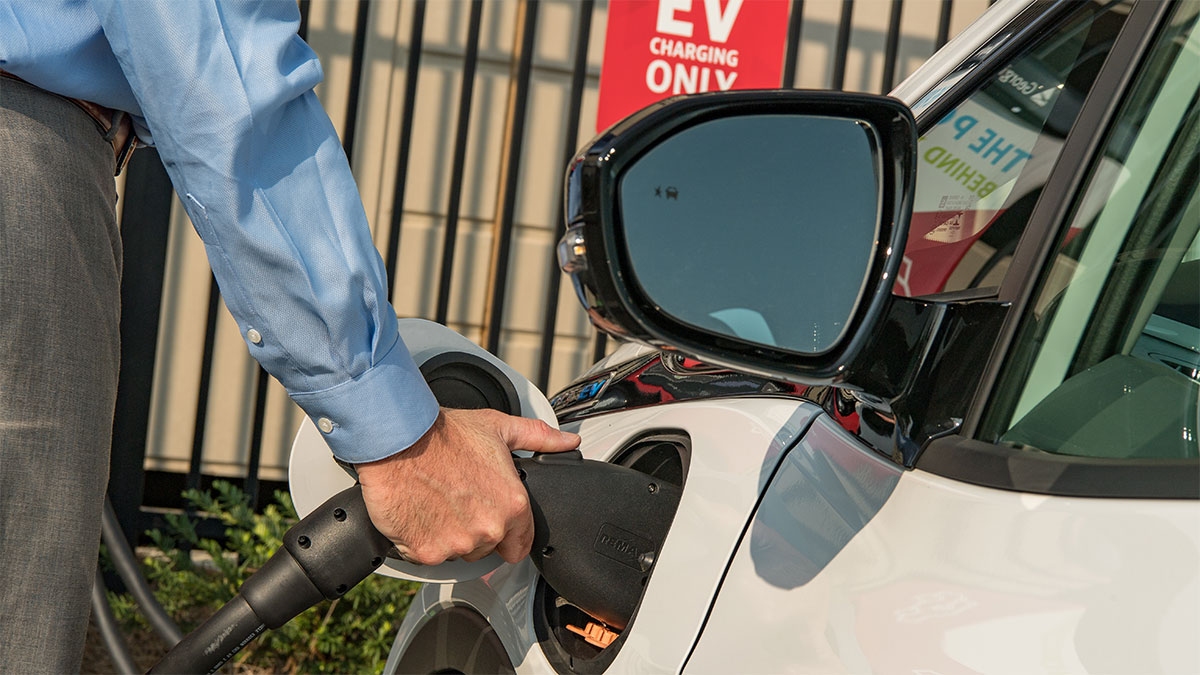
Clean Transportation
We are dedicated to bringing sustainable energy to transportation through electric and alternative fuel solutions.
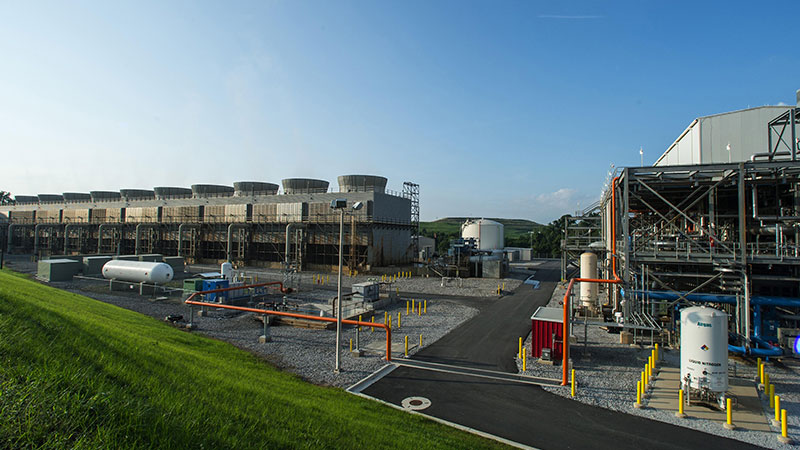
Water Conservation
We are committed to the protection of our water resources.
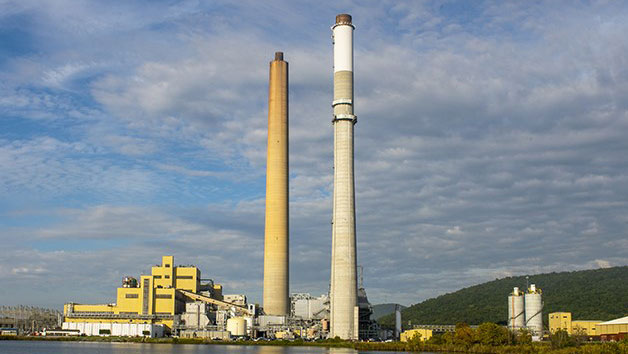
Waste Management
We are implementing initiatives to minimize and manage waste effectively.
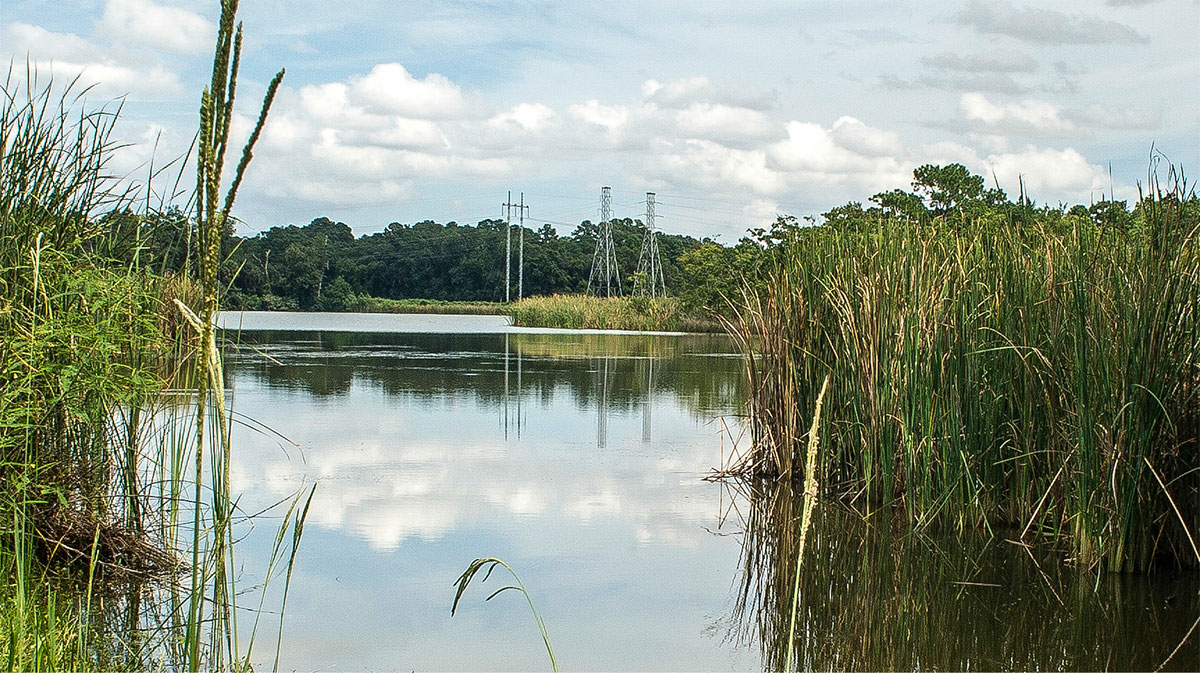
Environmental Compliance and Voluntary Stewardship
We promote conservation on the lands we manage and engage with partners to maximize the impact of stewardship initiatives.



